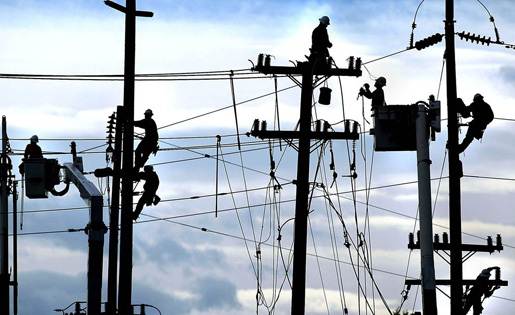
Altercations, missed deadlines, defective processes, and empty promises are like broken windows. Left unfixed, they communicate our tolerance for broken windows.
According to the Broken Windows Theory, addressing petty crimes will prevent more serious crimes. Social scientists contend that small signs of disorder actually encourage more widespread negative behavior.
In 1993, Mayor Giuliani put the Broken Windows Theory into action to decrease crime in NYC. He commissioned the city to remove graffiti, clean litter, repair vandalism, and arrest toll-jumpers. By tackling minor disorders with zero-tolerance, Giuliani reinstated order and lawfulness in the city.
We need to put this theory into action with our teams.
If we don’t fix the broken windows, we not only condone them, we encourage greater violations.
By confronting the altercations, enforcing the deadlines, changing the processes, and holding people to their promises, we communicate zero-tolerance for negative behavior and thereby, restore order and justice in the environment.
And, as leaders, the environment is pivotal – it’s the only thing we can create. (We cannot create people’s skills or attitudes; we can only influence those with the environment.)
Consequently, we better be intentional about fixing those windows. Our people are watching.

